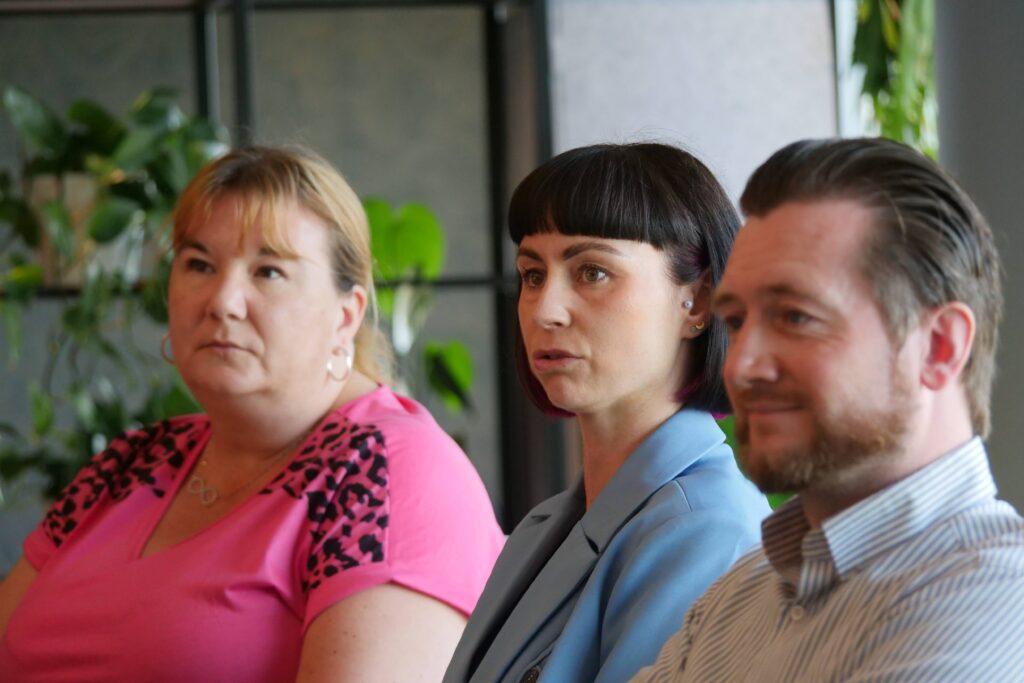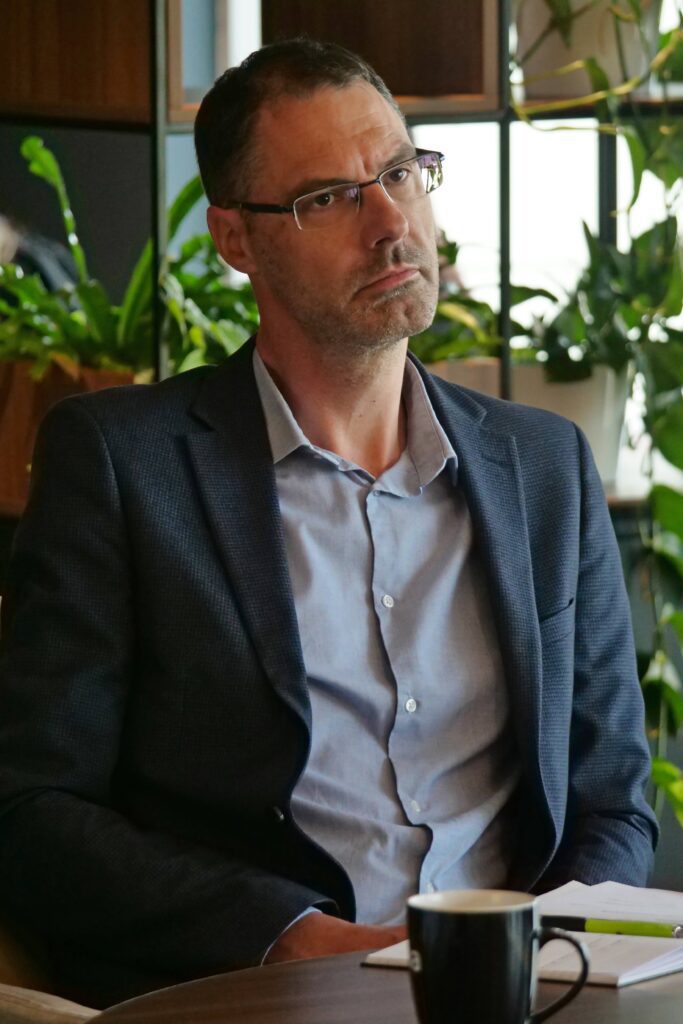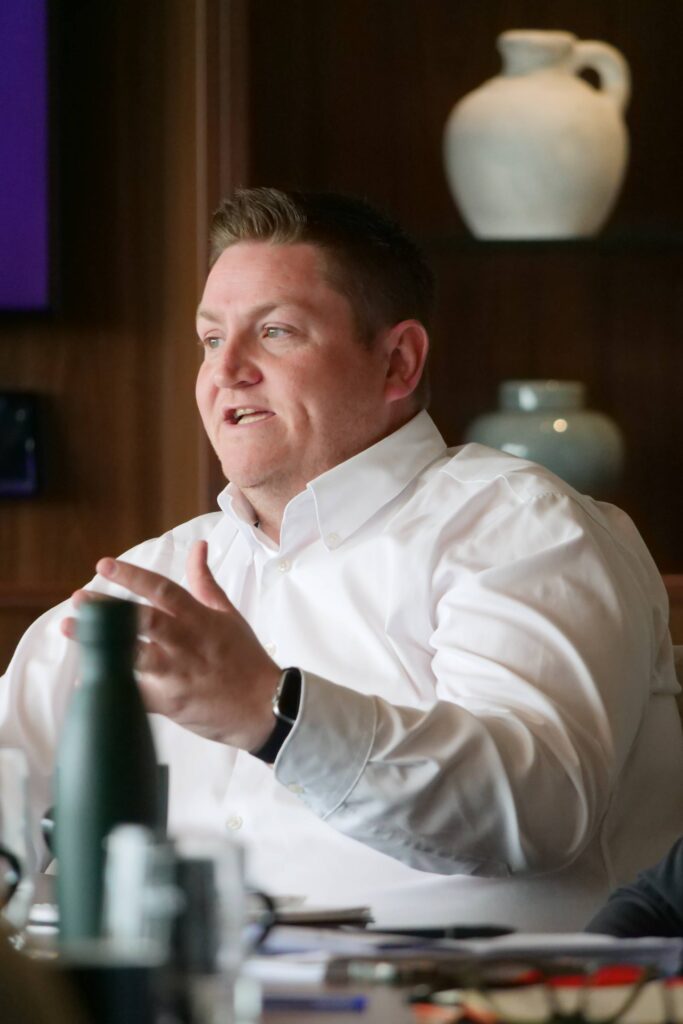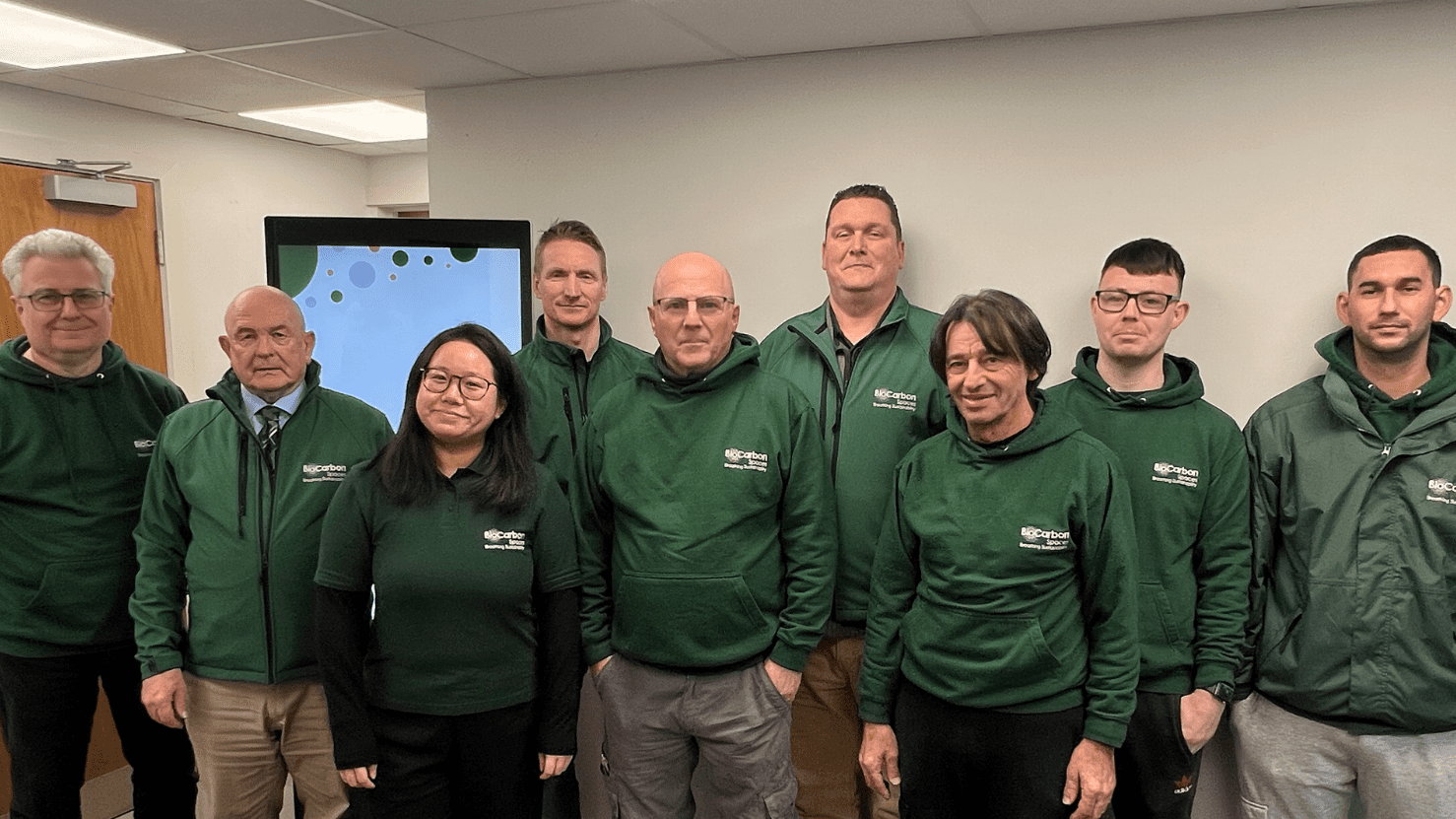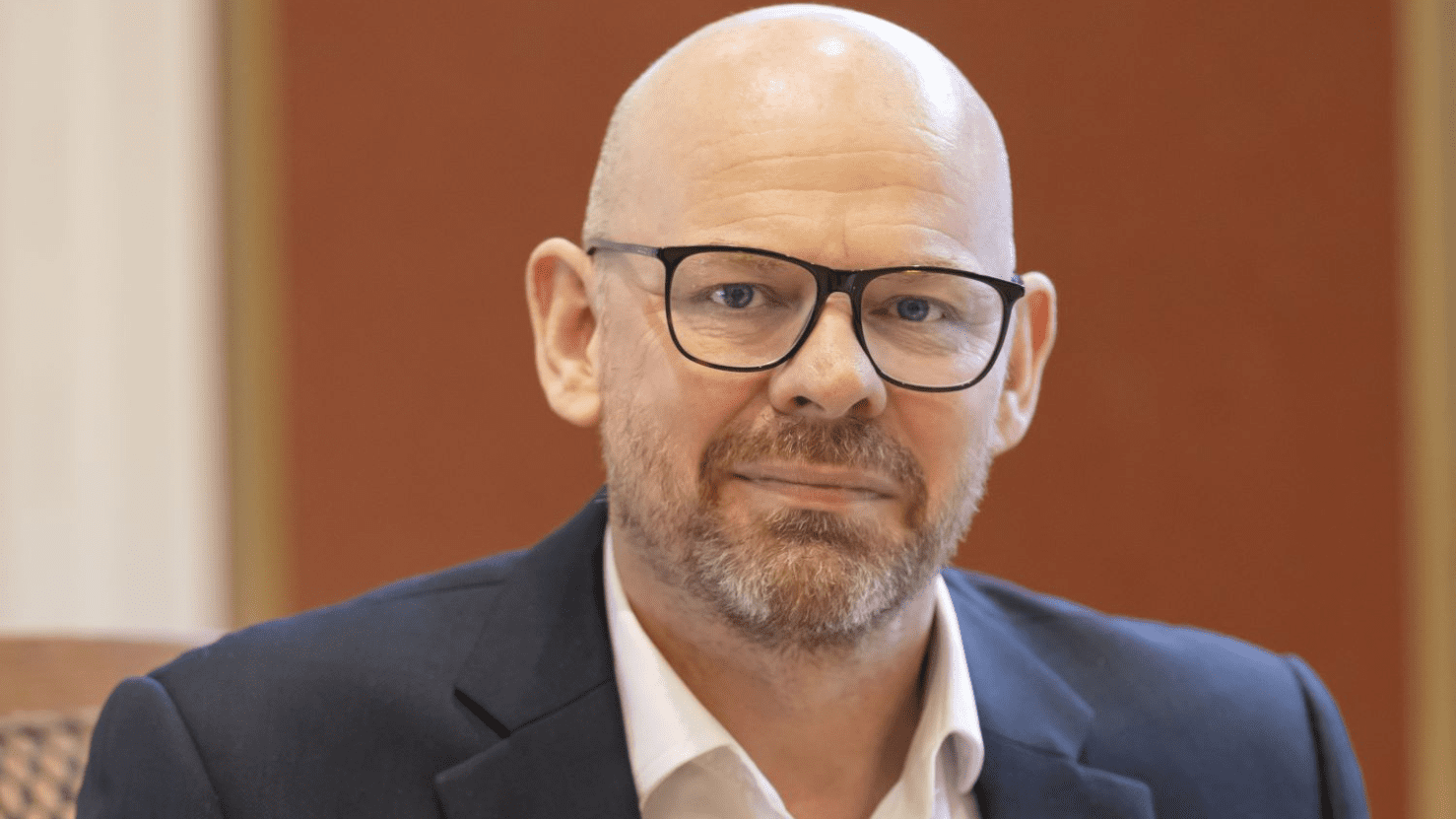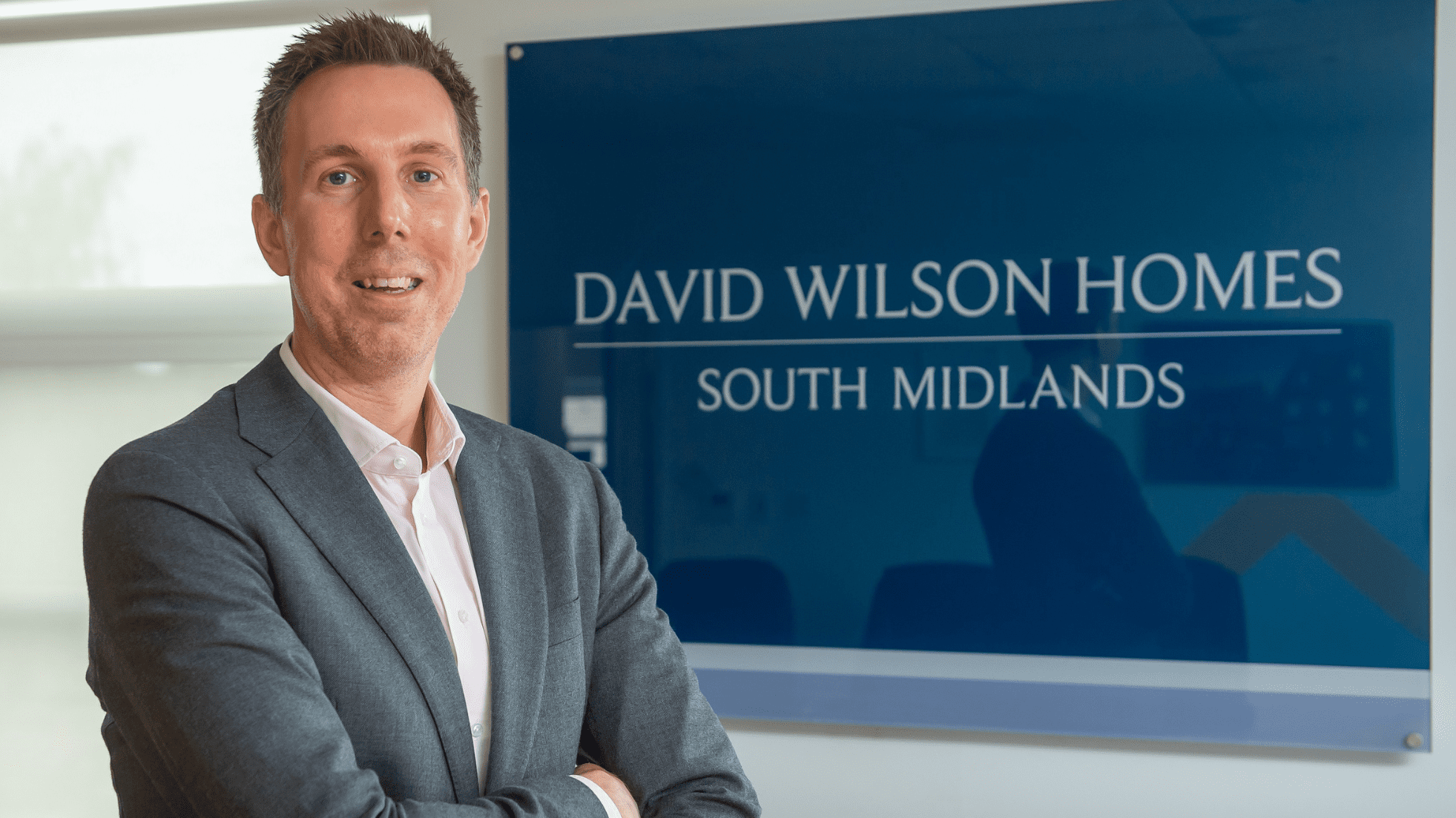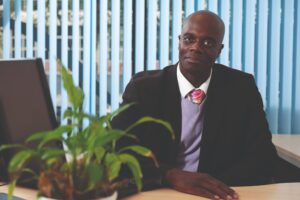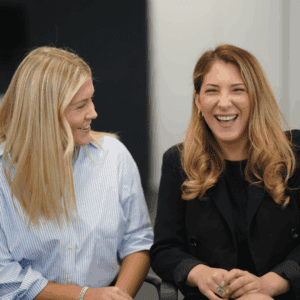How companies approach their responsibilities to the environment, both in terms of sustainability and their relationship with the world and communities around them, came under the spotlight at the latest Round Table, organised by All Things Business in conjunction with MHA.
Chaired by Adrian Pryce, Associate Professor Strategy & Society at the University of Northampton, the event sought to identify what is understood by a concept that is covered by a number of terms – ESG, CSR, sustainability – and what business and organisations are doing, and need to do more of, to meet their own targets and those within their supply chain.
Adrian, who chairs the Institute of Directors National Sustainability Group, advises boards of directors and senior executives on their ESG-sustainability, community and stewardship strategies, with a value creation approach.
Hosted by MHA at the firm’s Milton Keynes office, the discussion included panellists David Stone, Tax Director; Andrew Thurston, Customs Duty Consultant, and Partner Steve Tebbut, all from MHA; Sarah Purvey, Proposals and Marketing Director at Wilten Construction; Damon Fox, Philanthropy Manager at Milton Keynes Community Foundation; Jess Ansell, Workplace and Sustainability Director at dbfb; James Thornton, Head of ESG and Sustainability at TSL Ltd; Bryan Winn, Health, Safety and Environment Manager at Brioche Pasquier; James Geary, Managing Partner at EMW Law; Tracy Stretton, Head of Compliance and Facilities, Corporate Operations at Suzuki; and Jon Newsham, Head of Utility and Energy Services at Apertus Group.
To open proceedings, Adrian Pryce asked the panel to sum up what their organisations is doing in terms of ESG and what terminology they used, and what were the drivers behind their commitment.
Adrian said: “What I am always pleased to hear is talk of social value and value creation because it’s not just about what actions we take, it’s about how we measure it and report that back to employees, stakeholders, customers and supply chain.
James Geary explained that ESG increasingly forms part of the tender process, and ESG reporting has become much more robust.
“Where it used to be enough to simply outline your credentials in the tendering process, it’s much tougher now,” he said. “Vague doesn’t work anymore and so, like our clients, we felt we need to be doing more. “Once we learned more about B Corp status, and although it is a long and involved process, we decided to just hold our nose and jump in the deep end.
“We’ve seen benefits of being a B Corp in the shape of staff retention and recruitment, and also in client retention. Going down that route was driven by the needs and expectations of clients, but ultimately, we have benefited from doing it.”
Bryan Winn explained that a focus on the community, and the environment, is at the heart of Brioche Pasquier, driven by the long-term and stewardship ethos of the French family-owned firm.
He said: “I think we are well-organised, and the environment and community are very much a part of the company programme, and we have plans in place for the future to make sure we continue to get where we need to be.”
For Damon Fox it was a priority for Milton Keynes Community Foundation to be a part of the increased drive towards ESG.
“As a community foundation we often provide grants that fund ESG initiatives and so it is important that we ‘practice what we preach’,” he said. “I think it’s fair to say we’re still in the early stages of that but we have already started to make key improvements to our premises and waste management processes, and we’ll continue to build on that.”
Jess Ansell explained that dbfb’s approach began with studying what larger client companies were doing but in time turned into a strong company ethos. She said: “It was a decision based on working with some of our bigger clients and seeing what they were doing and then introducing similar initiatives ourselves.
Even though we are a smaller business we have adopted ESG as part of our make-up and we are proud that it’s a USP for dbfb to be delivering a strategy that goes beyond what you might expect from a company the size we are.”
One key driver for businesses is that ESG is no longer seen as optional, it is being demanded by clients, employees and regulatory bodies.
The University of Northampton’s Institute of Social Innovation & Impact, offers a recognised Social Impact Matrix© methodology that not only measures social impacts but can also monetise them, helping companies make decisions on their business as well as charitable activities from a social as well as financial return on investment perspective.
Adrian Pryce said: “Things are evolving, when the focus was on CSR (corporate social responsibility) it was, more often than not, reactive. Supporting local charities or sponsoring football shirts and the like. ESG demands that organisations are much more strategic. It’s not about what you do but how you create value, looking at input and output, outcomes and impact. As an example, if you donate £100,000 to a homelessness charity, that money could deliver more like £1m in impact. If it helps people avoid prison or hospitalisations, or if it means getting people into work and contributing to the economy, or maybe resulting in fewer suicides and the pain that causes families. It moves from a philanthropic input contribution to being strategic, driving social outcomes and positive impacts for people in society.
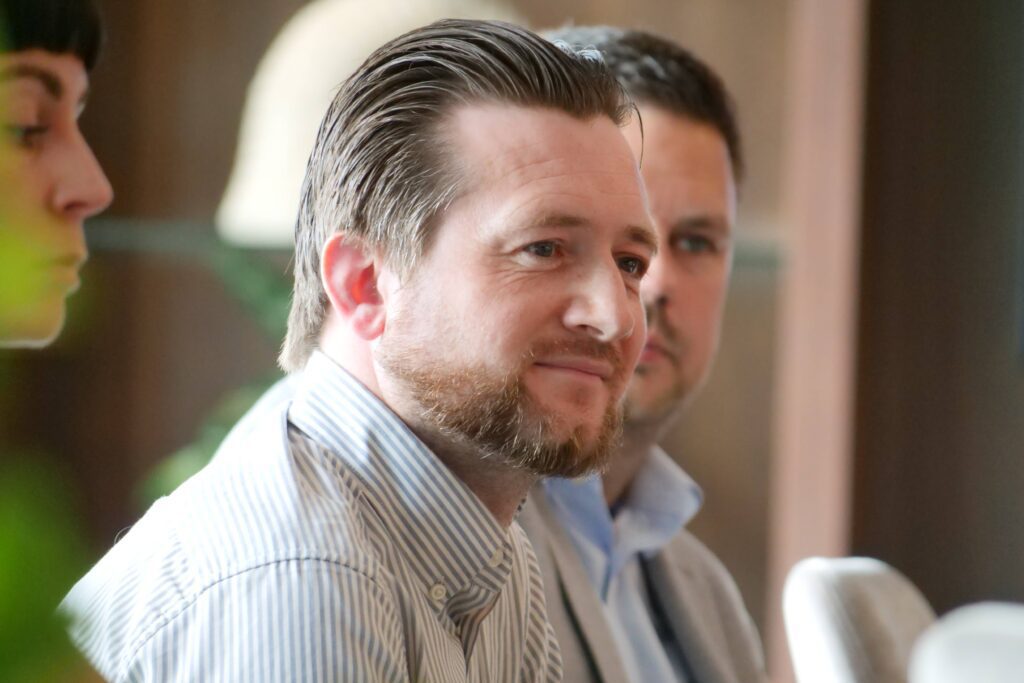

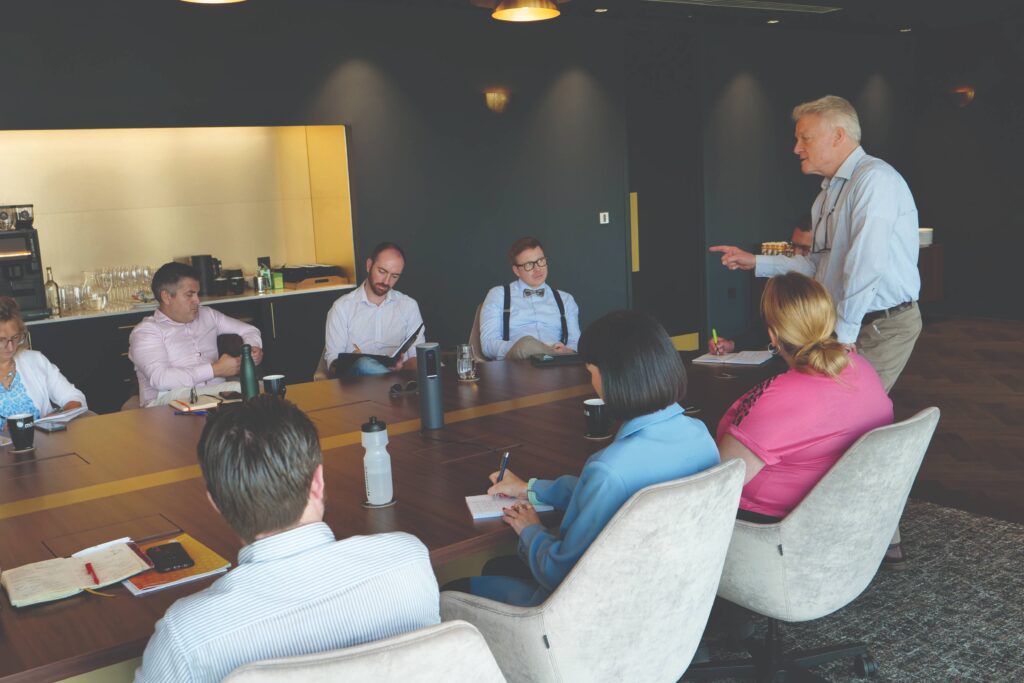
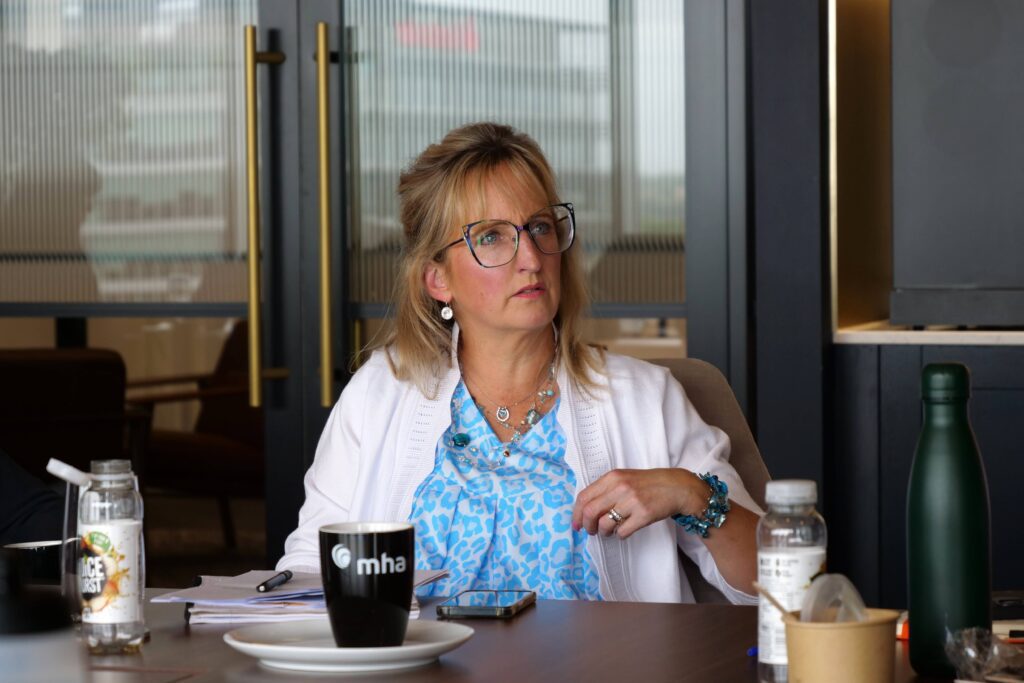
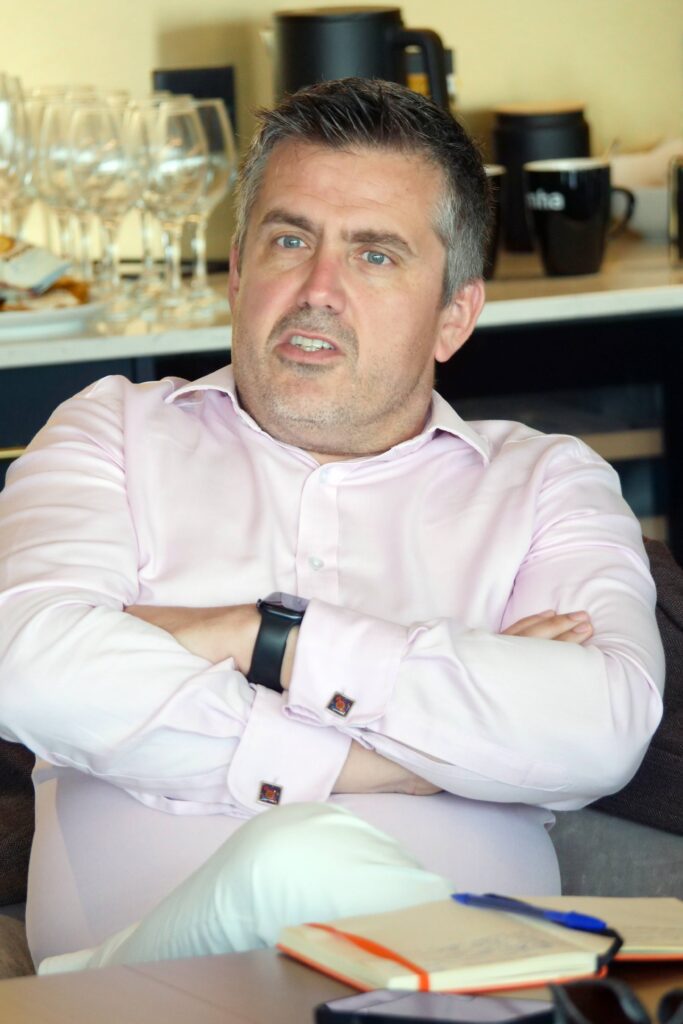
James Thornton said: “It can be difficult to measure in construction because we are working on behalf of our clients, and donations are often based on a percentage of the overall cost. Our strategies depend on the needs and deprivations local to the project. We look at what the community needs and gain an understanding of the local area rather than assuming. The impact of £10,000 in a smart London suburb might have a very different impact from the same amount in a more deprived area.
That means there are some limitations on how we can measure impact, and sometimes we have some pretty difficult decisions to make on how we distribute that money.”
Measuring ESG impact was generally acknowledged as complicated, particularly when there is no standard set of rules and targets.
Andrew Thurston said: “Regulations in the UK and in Europe can be very different, and that makes it confusing. It’s particularly difficult for small companies that are part of bigger supply chains and the various client standards they have to meet are sometimes problematic. Simplifying systems can help but there are a lot of smaller companies that simply can’t collect and provide the data expected of them because of their size.”
David Stone added: “Our role is listening to what clients need and upping the agenda on ESG. I think it was when clients were hit by the financial crisis in 2008 that attitudes shifted. It became more about social responsibility, that the ‘right thing to do’ is to pay the right amount of tax. Tax is a business’s contribution to society and while there are sticks and carrots – new laws that drive behaviour and incentives that encourage the ‘right’ behaviours – anti-avoidance is strong now and you have to think about the spirit of the law and ask yourself what is the right thing to do.”
When asked who it was in the company or organisation that drove ESG, the panel came up with a range of answers.
Tracy Stretton explained that at Suzuki it came from board level: “The board is very engaged, and collaboration is part of the culture. There’s always more to learn, and always new initiatives coming down the track. At employee level we conduct a quick weekly survey, just five questions that are different every week, just to gain some feedback. We get a response of around 95%, and we think that’s because we make it a priority to show that we listen to that feedback and can demonstrate that change comes about because of what we hear.”
Employee engagement formed a signification part of the discussion.
Jon Newsham said: “Employee engagement and satisfaction is one of the most difficult aspects of business, particularly as you grow. We are a small company, just six of us, and so conversation is easy. We are in one room and can talk across a desk and anything that needs to be resolved usually gets brought up and dealt with. But I remember when I worked in another company, which I had joined when it was quite small, I always felt like my voice was heard, but I was aware that those who had joined later, when the company was much bigger, sometimes felt they didn’t get listened to.
“It’s tricky to achieve good employee engagement as you increase in size, but it’s something you have to always bear in mind.”
Sarah Purvey added: “At Wilten Construction we work hard to find a balance between social value and finding people with the skills we need. Recruiting and training people in the required skills it a necessary part of delivering what planners are asking for and meeting developers’ expectations.”
Summing up, Adrian Pryce said: “What’s clear these days is that having an ESG champion on the board is no longer enough, it has to be everyone’s responsibility, including all board directors.
Even if you’re not being asked to, you should be doing it. It’s a fast-moving space and everyone comes to it from their own starting point, but organisations need to think more strategically about it, and how they can approach it in a holistic way that focuses on value creation.
“There is clearly a lack of standardisation at the moment but to help with that, third-party verification is emerging and standards are starting to consolidate, so I think in the next few years we ill see a global framework developing that will make it easier to ensure compliance. I think the likes of PWC and KPMG are not going to sit back and watch this market go by, they will be increasingly moving into the verification space so that in future all organisations will be able show that they measure and capture the value they are creating.”




